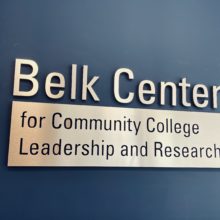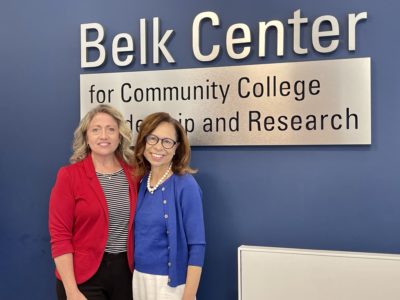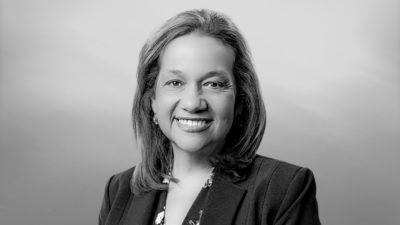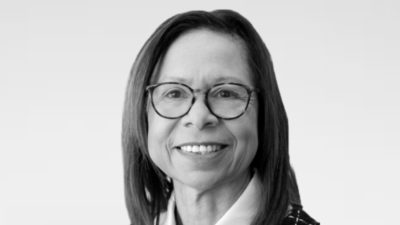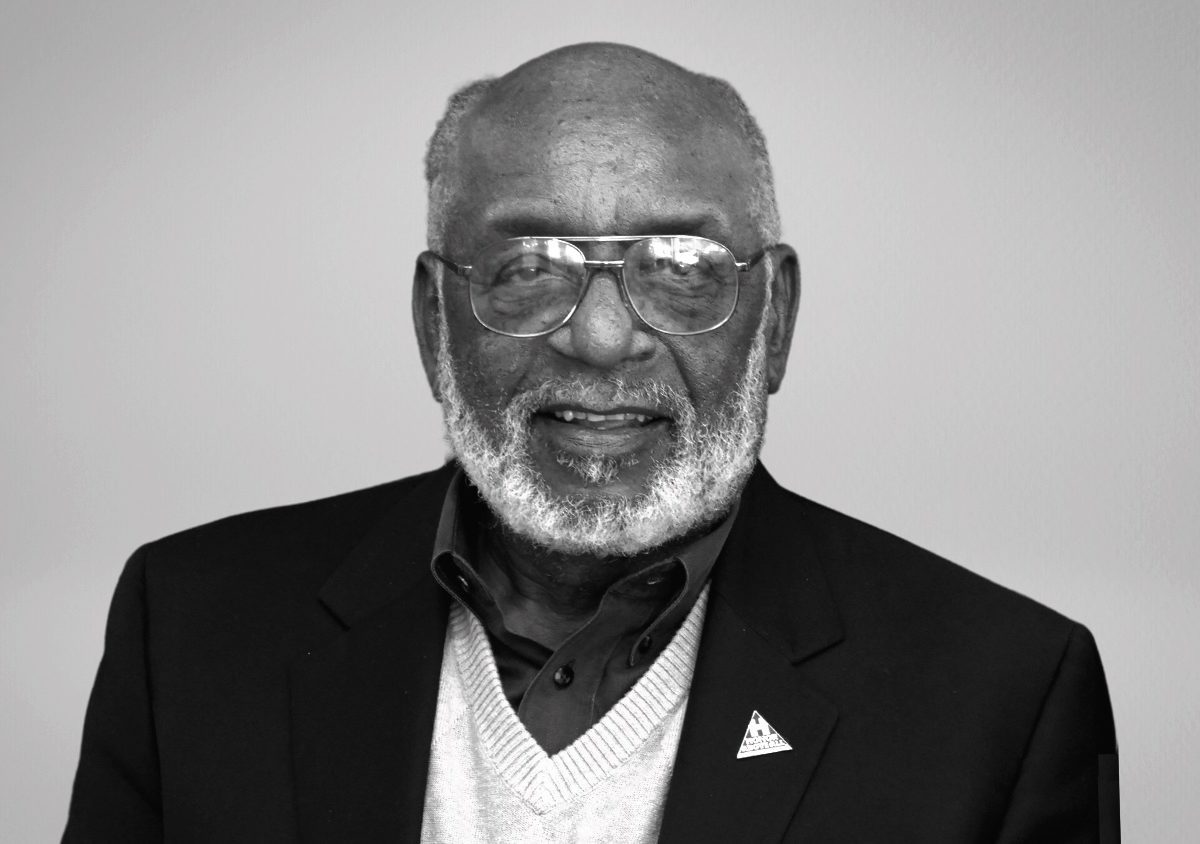
This profile of Dr. Lloyd V. Hackley is part of the Belk Center for Community College Leadership & Research’s NCCCS History Project Trailblazer profiles. The purpose of the NCCCS Trailblazer Profiles is to highlight and celebrate the work of Asian, Black, Indigenous, and Latin leaders in the North Carolina Community College System, specifically focusing on current and former community college presidents.
This profile is written in conjunction with the collection of an oral history interview with Dr. Hackley that will soon be available in the Southern Oral History Project Archives. The interviews were conducted by members of the Belk Center for Community College Leadership staff in spring, summer, and fall 2021, and spring 2022. Through these interviews, the Belk Center team hopes to re-center the conversations around who we recognize as important in the history of community college leadership in North Carolina, celebrate the work of our Black and Latin presidents, and inspire support for diversifying the presidential leadership pipeline.
In his 81 years, Dr. Lloyd V. Hackley has seen and done more in a lifetime than most can imagine. He is a decorated and respected U.S. Air Force veteran, a decades-long leader in the nation’s charge for education access and equity, the groundbreaking first African-American leader of the North Carolina Community College System, and an inspirational speaker who has addressed crowds in 32 states and overseas. Dr. Hackley has had a storied career – trailblazing and setting the stage for the next generation of learners and educators in North Carolina and around the country.
Hackley was born and reared in a thriving Black community in the heart of Roanoke, Va. It was an inclusive community filled with families and countless Black-owned businesses – where you’d find doctors, janitors, scholars, and ditch-diggers living side-by-side. There were equal opportunities for Hackley, his siblings and his peers to develop, learn, and advance – a community model that Hackley credits in preparing him for his future.
“When I left the community, I had absolutely no idea how well I had been prepared to participate in mainstream America in the 1960s. I understood that teachers and the greater community were preparing us for leadership in Black America, but for those of us who went beyond Roanoke, we found that they had prepared us to do anything anywhere – we were capable of competing with the best and the brightest.”
Hackley
The community helped shape Hackley’s future, but it was his elementary school teachers and close family members who made the greatest impact on his life and educational journey. Despite the financial challenges his family faced over the years, he was determined to attend college. “My parents didn’t have the money to help me go to college but always told me to go and that they’d help in any way they could,” said Hackley. “I told them not to worry … that I would get into college by joining the U.S. Air Force, taking a few courses at a time, and saving money to eventually complete my education.”
And that’s just what he did – taking one course, and then another, earning top grades along the way. The Air Force took notice of his hard work and dedication and sent him on scholarship to pursue a degree full-time at Northwestern Michigan (community) College (NMC) and then Michigan State University (MSU). He entered NMC as a biology major but quickly changed course after receiving advice from his professor, Walter Beardsley.
“I was majoring in biology, but took some courses in political science and international relations. Professor Beardsley said that I had a flair for political analysis and encouraged me to consider that route instead. And the rest, as they say, is history because I ended up being a political analyst for the rest of my military career.”
Hackley
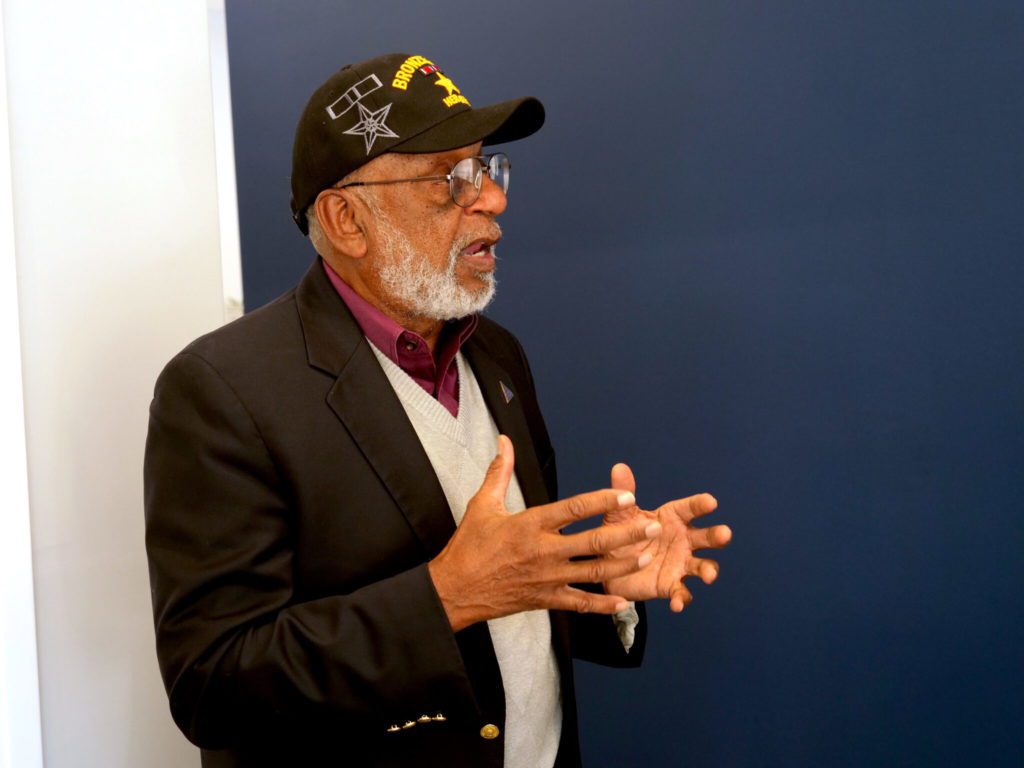
Hackley transferred to MSU in 1964, where he earned a bachelor’s degree in political science/international relations. Upon graduation, he was commissioned as an officer and resumed regular Air Force assignments. In 1971, after assignments in Vietnam and Germany, the Air Force sent him to the University of North Carolina at Chapel Hill to pursue master’s and doctoral degrees. After completing his graduate work in 1974, he was assigned to the U.S. Air Force Academy where he taught courses in international relations and coached track and cross-country for men and women before retiring with over 20 years of service.
In 1978, Hackley was appointed as associate vice president in the division of academic affairs at the University of North Carolina System, which oversees the academic affairs divisions for all campuses. In 1981, he accepted the chancellorship at the University of Arkansas at Pine Bluff (UAPB) where he served for four years.
During his UAPB presidency, Hackley also served as chairman of the middle school subcommittee of the Arkansas Educational Standards Commission, formed to improve K-12 education across the state and chaired by Hillary Rodham Clinton. Hackley said Clinton’s work transformed him as a college president – from a typical higher education administrator to one who saw the whole picture.
“She helped me understand that as a college president, my primary job wasn’t only to get the best and brightest graduates to come to UAPB, but also to make sure that I was aware of what was going on in their lives from kindergarten onward. I became a hands-on president, not only visiting college classrooms, but also out in the communities. I wanted to know where the kids were before they reached high school, I wanted to know what their families were like… what was going on in their communities and schools. I considered myself the chief recruiter. That mindset is how I developed myself as an educational leader.”
Hackley
Hackley returned to the University of North Carolina in 1985, serving for three years as vice president of student services. In 1988, he began his tenure as chancellor at Fayetteville State University (FSU) – a position that would play a major role in defining his tremendous impact in higher education.
“At the time, I had two job opportunities and had to make the choice to be president of the University of Houston’s urban campus – a big campus right downtown – or the chancellor of Fayetteville State,” noted Hackley. “The FSU four-year graduation rate was 5% and when I looked at that and saw all of those Black kids there being cheated out of a quality education, the answer was foregone … I’m going to Fayetteville State.”
On day one, Hackley set out to transform the university. And in his seven years as chancellor, that’s what he accomplished. By December 1994, total enrollment had increased by 56%, the average SAT score had risen by 200 points, a doctoral program in educational leadership was established, and baccalaureate program offerings expanded to include 36 disciplines in the arts and sciences, business and economics, and education. Hackley strengthened the university’s community outreach to at-risk children in public schools by establishing scholarships and a mentoring and tutoring program that reached more than 20,000 local K-12 students. Under his leadership, FSU’s first major capital campaign was completed, which increased the university’s number of privately-funded student scholarships to more than 200.
“We transformed that university so dramatically that it came to the attention of NC’s Education leaders,” said Hackley. “The governor, the president of the University of North Carolina System, and the state superintendent of public instruction said that what we had done at Fayetteville State was so significant that they encouraged me to bring it to a statewide perspective. So, I came to Raleigh and got to work on the system.”
In January 1995, Hackley left FSU and assumed the presidency of the North Carolina Community College System (NCCCS). He was the first African-American to lead the state’s system of 58 community colleges, where he served for two years. Hackley was cited by the state board for leading the system through dramatic changes designed to strengthen services and extend reach, including semester conversion, a self-study, development of statewide common courses and comprehensive articulation agreements between two-year and four-year schools.
Over the next decade, he served as interim chancellor at North Carolina A&T State University (2006-2007) before returning to FSU as interim chancellor in the 2007-2008 academic year.
“In summer 2007, as I was leaving A&T, I got a call from the president of the UNC System, Erskine Bowles, asking if I was willing to go back to Fayetteville State because the institution had suffered a decline from the prior level of excellence. So, instead of pointing my car east from A&T to go back to retirement in Chapel Hill, I headed south immediately. I’m glad I did because the development of Fayetteville State was probably my most monumental achievement when both stints are considered.”
Hackley
In each of his roles, Hackley and his colleagues were steadfast in creating educational environments that were equitable, accessible, and conducive for success for the state’s most vulnerable populations. The impact of their work is clear, but for Hackley, there is still more work to be done to ensure educational equity in North Carolina and across the country – beginning well before students reach their college years.
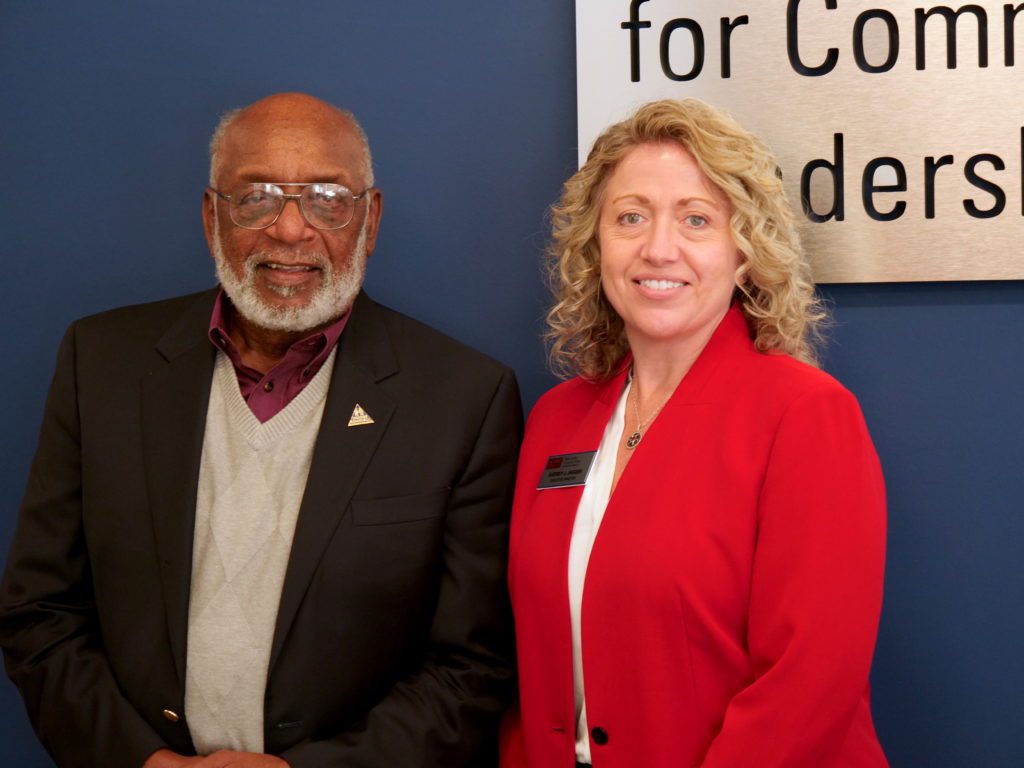
“We have to reach kids before 11th or 12th grade to change their qualifications to succeed because the current unreadiness of Black and Latino students in America is unacceptable. There are millions of dollars in minority scholarships that go unclaimed each year because students can’t qualify due to low GPA or SAT scores and they haven’t been prepared. If we’re going to change society, we’ve got to encourage students early on to take the right courses and to work hard in them – then we recruit them to college.”
Hackley
Hackley has spent his life paving the way for the next generation of learners and educators in North Carolina and around the country. But none of it happened by chance – it was Hackley’s determination and hard work that made him the trailblazer he is today.
“One of my favorite sayings is, ‘Hard work beats talent if talent doesn’t work hard,’ and so, looking at me at age 17, there was nothing to indicate that I was going very far. But I outworked everybody and I refused to accept mediocrity in myself. Don’t depend on your gender, don’t depend on your race, don’t depend on where you went to school. Go out there, show up at work every day and make something happen.”
Dr. Lloyd V. Hackley
That hard work certainly came with challenges over the years, but if you ask Hackley, he’ll tell you that he really doesn’t have difficult days. Through each phase of his life, he has approached each day, each opportunity, and each unique challenge with a positive mindset.
“People ask, ‘Well, you’ve been to a lot of places. What is the place that you’ve disliked?’ I tell them I’ve liked them all because no matter where I was, I could find something that interested me. They ask, ‘What job did you hate?’ I haven’t hated any job because I made each one mine. I’ve loved the work I’ve done, and if I had to do it over, I’d do it again pretty much the same. I did it my way, and I loved doing it.”
Hackley
You can find more about the profiles and project on the Belk Center’s NCCCS History Project Trailblazer Profiles site. Stay tuned to EdNC.org as we republish the Trailblazer Profiles as they are released.
